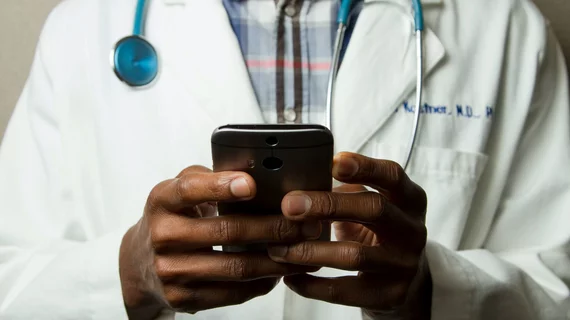FDA clears teleradiology platform from Cairo-based imaging vendor
Cairo-based teleradiology vendor Rology has received 510(k) clearance from the U.S. Food and Drug Administration (FDA), allowing its platform to be used by providers in the United States. The news comes via an early announcement sent to Health Imaging.
Rology teleradiology is designed to link a clinician or healthcare organization’s patients to a skilled radiologist from anywhere, facilitating rapid report readings. The platform acts as a remote radiology department, made up of a suite of modules that include features such as automatic image acquisition, workflow integration, reporting support, and more. All of the modules were cleared for use by the FDA.
According to the company, its technology is able to utilize DICOM files from various modalities and systems, facilitating the access, storage, and sharing of most radiology images. All data are encrypted and anonymized before being sent to a licensed radiologist for reading and diagnosis. Results are then securely sent back to healthcare providers using the Rology platform, so details can be shared with patients.
This milestone comes shortly after Rology's acquisition of Arkan United, a Saudi teleradiology provider. In July, Rology secured an investment from the Philips Foundation, which supports companies that bring healthcare access to underserved communities across the globe.
In its announcement, the company says it collaborated with Innolitics, a software developer that specializes in DICOM radiology images, to meet regulatory standards and ultimately facilitate FDA clearance.

